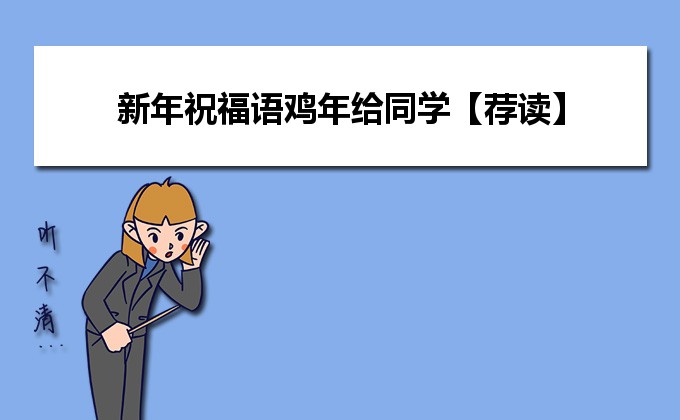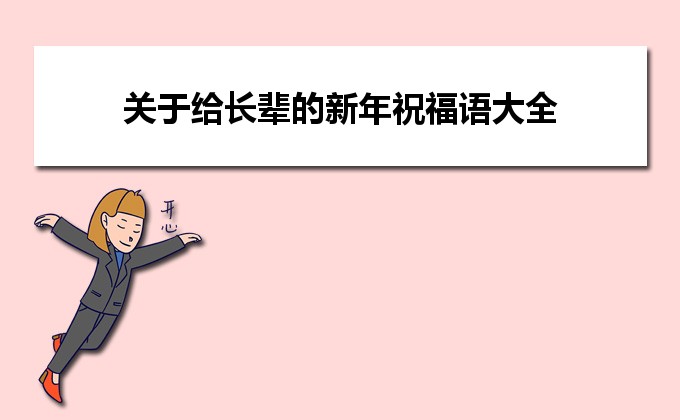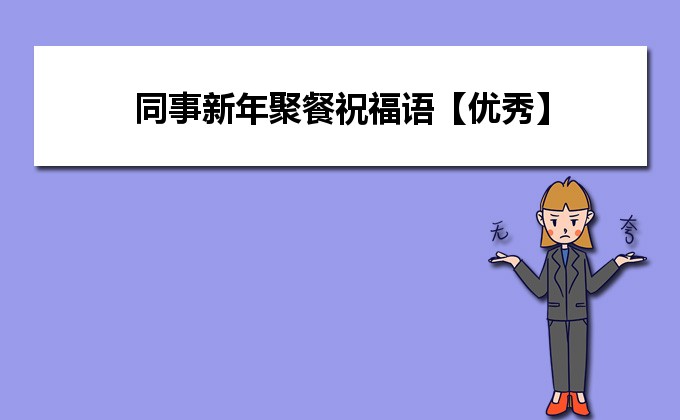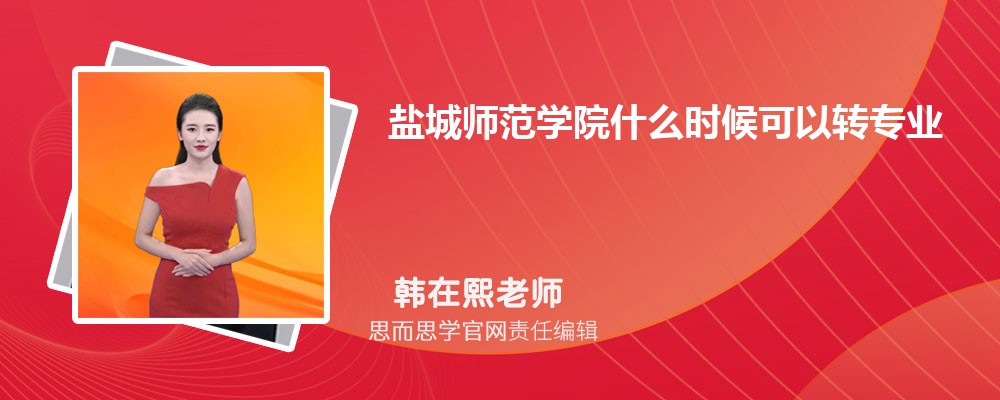ф╙р╩ё╨ЙP(gu╗║n)сзжп┤ЬпбдЙс╒уZвВнд
Chinese New year is a chinese traditional festival. We also call it the spring festival. It is on lunar january 1st.
On New year║╞s eve, all the people sit around the desk and have a big family dinner. There are some vegetables, some fish, some meat, some fruits and some drink like juice, coke, pepsi and some nice wine. Overall, this is a good and delicious dinner. After dinner, we always watch tv New year progammes. We have a wonderful evening on New year║╞s eve.
On the first day of the spring festival, most of people get up early and say ║╟happy New year║╠ to each other. for breakfast, people often eat dumplings and baozi. After breakfast, people often make many delicious foods, and children often play cards, computer games and fireworks. On the second and third day, we visit friends and relatives.
Everyone is busy on chinese New year, and everyone is happy, too.
ф╙ІЧё╨ЙP(gu╗║n)сзжп┤ЬпбдЙс╒уZвВнд
Spring Festival is the most important festival in China .It║╞s to celebrate the lunar calendar ║╝s New year .In the evening before the Spring Festival ,families get together and have a big meal .In many places people like to set off firecrackers .Dumplings are the most traditional food .Children like the festival very much ,because they can have delicious food and wear new clothes .
They can also get some money from their parents. This money is given to children for good luck . People put New Year scrolls on the wall for good fortune .
The Spring Festival lasts about 15 days long .People visit relatives and friends with the words ║╟Have all your wishes ║╠. People enjoy the Spring Festival ,during this time they can have a good rest .
ф╙хЩё╨ЙP(gu╗║n)сзжп┤ЬпбдЙс╒уZвВнд
Falling on the first day of the first month of the Chinese lunar calendar, the Spring Festival is in fact the Chinese New Year. Before it, people usually give their house a thorough cleaning and do a lot of shopping. On the New Year║╞s Eve, people come home and the whole family have a big dinner together.
On the New Year║╞s Day and the few days to follow, people often visit their relatives and friends to give one another their best wishes for the New year. Throughout this festival period firecrackers can be heard everywhere. This festival is the most important festival for the Chinese.
ф╙кдё╨ЙP(gu╗║n)сзжп┤ЬпбдЙс╒уZвВнд
The Chinese New Year has a great history. In our past, people lived in an agricultural society and worked all year long. They only took a break after the harvest and before the planting of seeds. This happens to coincide with the beginning of the lunar New Year.
The Chinese New Year is very similar to the Western one, rich in traditions, folklores and rituals. It has been said that it is a combination of the Western Thanksgiving, Christmas and New Year. This is hardly an exaggeration!
The origin of the Chinese New Year itself is centuries old - in fact, too old to actually be traced. It is popularly recognized as the Spring Festival and celebrations last 15 days.
Preparations tend to begin a month before the date of the Chinese New Year (similar to a Western Christmas). During this time people start buying Psents, decoration materials, food and clothing. A huge clean-up gets underway days before the New Year, when Chinese houses are cleaned from top to bottom. This ritual is supposed to sweep away all traces of bad luck. Doors and windowpanes are often given a new coat of paint, usually red, then decorated with paper cuts and couplets with themes such as happiness, wealth and longevity printed on them.
The end of the New Year is marked by the Festival of Lanterns, which is a celebration with singing, dancing and lantern shows.
At the Festival, all traditions are honored. The Pdominant colors are red and gold. "Good Wish" banners are hung from the ceilings and walls. The "God of Fortune" is there to give Hong Baos. Lion dancers perform on stage continuously. Visitors take home plants and flowers symbolizing good luck. An array of New Years specialty food is available in the Food Market. Visitors purchase new clothing, shoes and pottery at the Market Fair. Bargaining for the best deal is commonplace!













